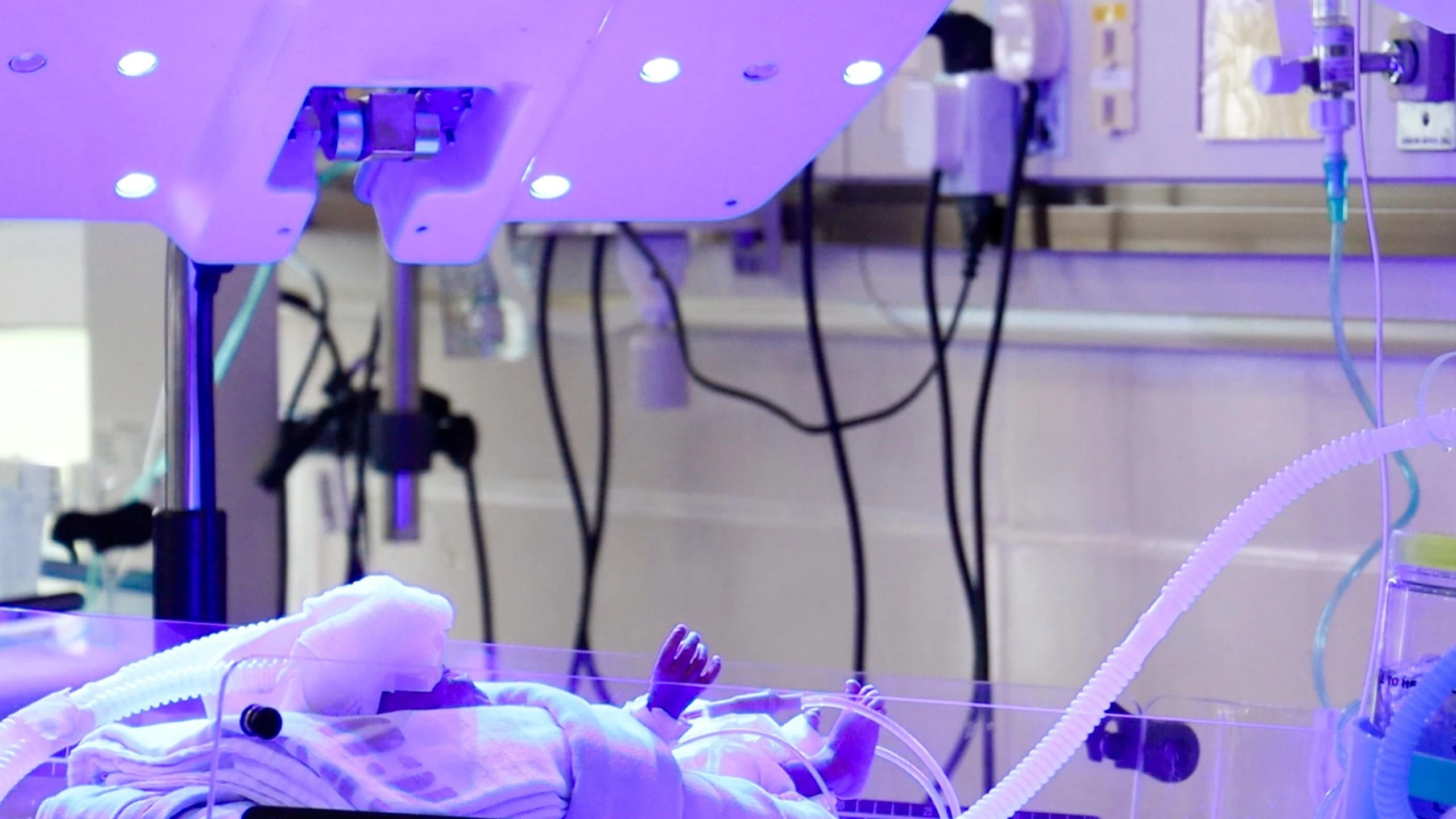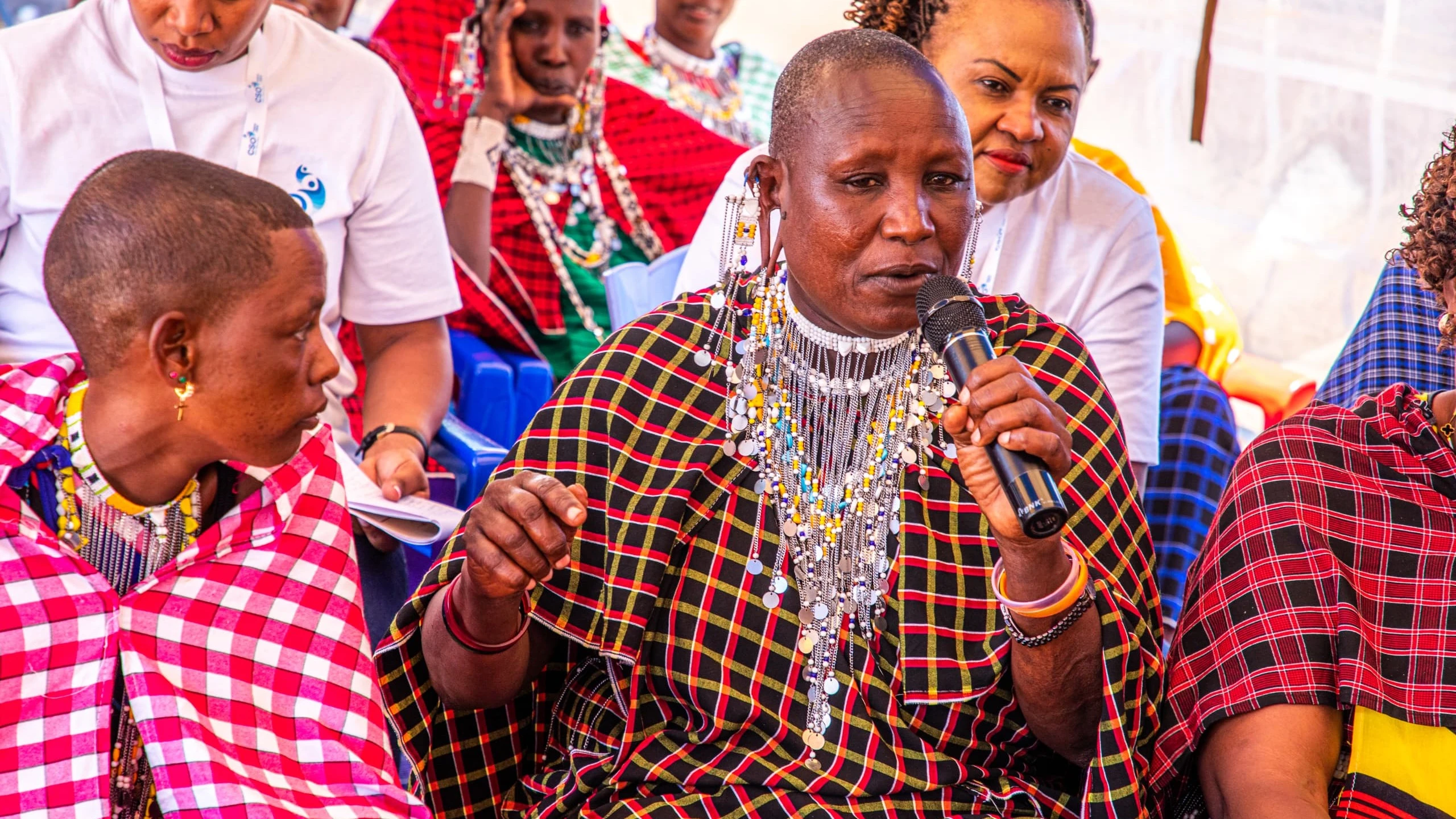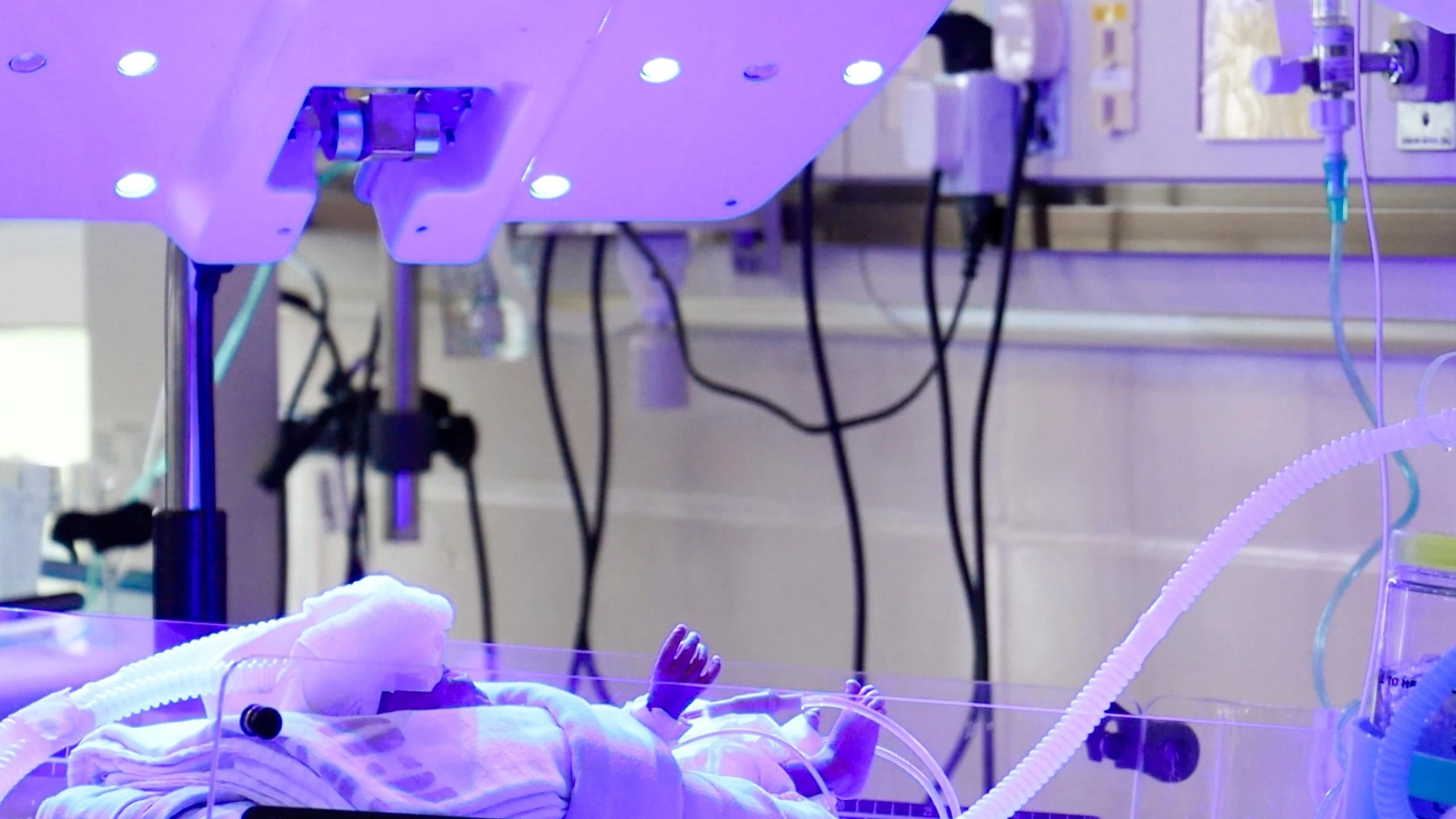Health experts urged to intensify efforts to limit premature deaths

HEALTH experts have been urged to intensify efforts, leverage technology to save the lives of premature babies as part of Tanzania’s commitment to reducing infant mortality rates.
The goal is to bring the infant mortality rate below 12 deaths per 1,000 live births by 2030.
Prof. Mohamed Janabi, Muhimbili National Hospital (MNH) Executive Director said this yesterday during an event to mark World Prematurity Day at the hospital in Dar es Salaam.
The event also saw the launch of the Lactation Management Unit, a key initiative aimed at improving care for premature infants.
In his address, Prof. Janabi explained that approximately 24 out of every 1,000 infants in Tanzania die within the first 28 days of life.
He emphasized that strategies to reduce the deaths must be sustainable and involve active cooperation of all health sector stakeholders.
A crucial component of the effort is improving the skills and capacity of health workers to care for newborns, especially preterm infants.
“The government through the Ministry of Health has been coordinating several programmes aimed at reducing infant and under-five mortality rates. The initiatives include efforts to assist newborns with breathing after birth, expanding neonatal services by constructing units in regional and district hospitals and providing essential newborn care training for healthcare workers,” he said.
On the new the lactation management unit, Prof. Janabi explained that the initiative also supports the government’s goal of encouraging exclusive breastfeeding for the first six months of life which is essential for healthy development of infants, particularly those born prematurely.
“The ability to store breast milk ensures that even if mothers are unable to be with their babies at all times, their infants can still receive the nourishment they need,” he said.
Dr Martha Mkony, a paediatric specialist at MNH, highlighted that nearly one in 10 children born in Africa are premature. Premature babies face numerous challenges, including respiratory issues, infections, feeding difficulties and long-term growth risks.
“Despite the challenges, there is hope. The government has made significant strides in improving the care of premature infants. There have been notable advancements in upgrading health centres and hospitals as well as in training health professionals to provide better care for the vulnerable babies,” she said.
Top Headlines
© 2024 IPPMEDIA.COM. ALL RIGHTS RESERVED






















